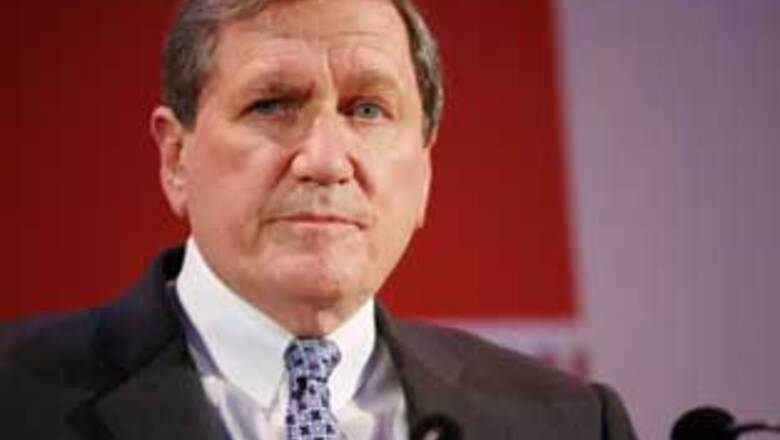
views
Washington: While welcoming a "slightly tougher edge" to US policy towards Islamabad, a South Asia expert has said that the key to stabilising Afghanistan does not lie in having a special envoy dealing with Kashmir as part of American regional diplomacy.
"US diplomacy in Islamabad could use a slightly tougher edge," Senior Research Fellow for South Asia at The Heritage Foundation, Lisa Curtis said on Thursday welcoming the appointment of a Special Representative on Afghanistan and Pakistan.
The new envoy, Richard Holbrooke, "has a reputation as a tough negotiator- an asset in the region, so as long he takes time to understand the complex relationships and history of South Asia," she noted.
"Washington has failed in the past to leverage our large amounts of assistance to Pakistan in a way that convinces Islamabad to adopt an unambiguous stance toward the Taliban and other extremist groups operating from its territory, such as Lashkar-e-Toiba, responsible for the recent attacks in Mumbai," Curtis said.
"Part of the problem of dealing with terrorism in South Asia over the past seven years has been the tendency of the US bureaucracy to stovepipe the issues of Pakistan and Afghanistan, rather than seek comprehensive solutions to advance US interests in the region," she said.
The South Asia expert also welcomed the fact that the new envoy's brief does not extend to India or more specifically to the issue of Kashmir as speculated in the media.
"There had been earlier speculation that Holbrooke's brief might centre around the issue of Kashmir, which would have been a grave mistake," she said.
"Fortunately, the Obama team seems to have recognized the key to stabilising Afghanistan does not lie in resolving Kashmir as some have recently tried to assert, Curtis said referring to the British Foreign Secretary David Miliband's controversial remarks.
In a recent op-ed Milibund suggested: "Resolution of the dispute over Kashmir would help deny extremists in the region one of their main calls to arms and allow Pakistani authorities to focus more effectively on tackling the threat on their western borders."
"Such thinking is misguided and naïve," Curtis said. "It overlooks the fact that hardliners in Pakistan have sought to use violent attacks in Kashmir to bring international attention to the issue, and thus raising the spectre of an international role in the dispute could actually fuel support for violence."
But the appointment of a Special Representative on Afghanistan and Pakistan "is a welcome development that should help fulfil a long-standing need to better integrate US policy toward these two key countries," she said.
It will be helpful to have the focused attention of a senior official who is neither attached to the Embassy in Afghanistan nor the Embassy in Pakistan to bring these two countries together to counter the Taliban/al-Qaeda threat that spans both countries, Curtis said.
The idea of establishing an Afghanistan-Pakistan envoy is not new, she said. The Pakistan Policy Working Group had last September noted the need to transform the porous Afghanistan-Pakistan border from "hostile frontier into an economic gateway".
This it had suggested could be done by assigning "primary responsibility for coordinating and implementing Pakistan-Afghanistan policy to a senior US official."


















Comments
0 comment